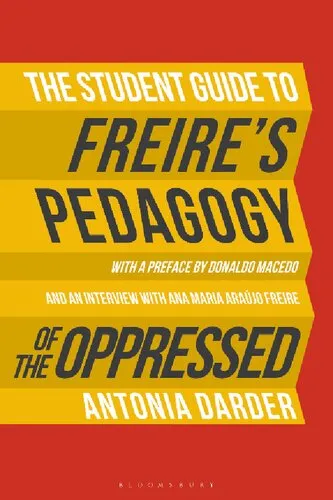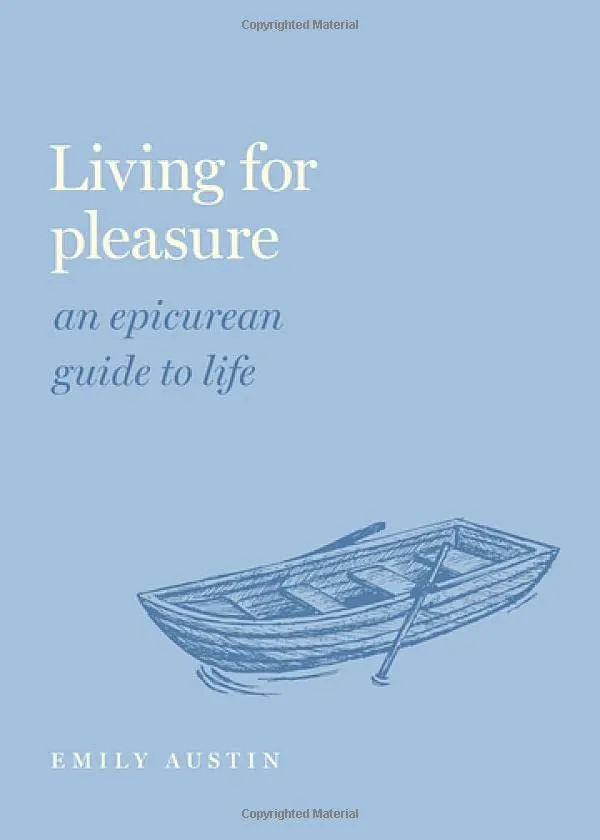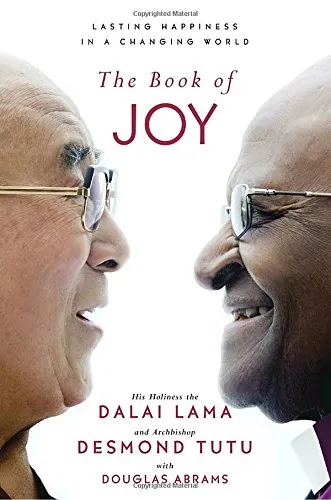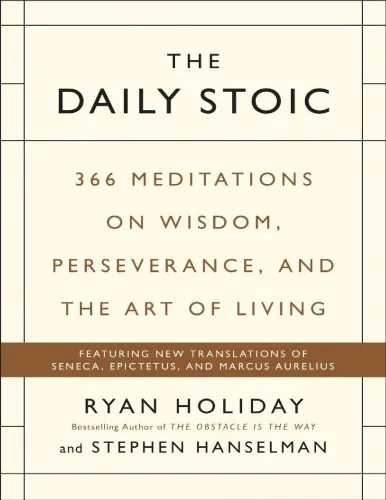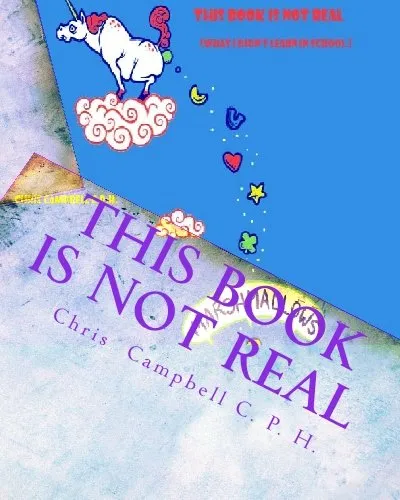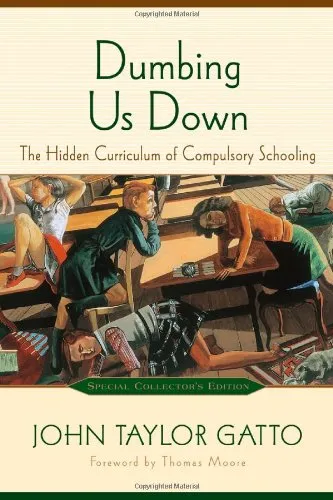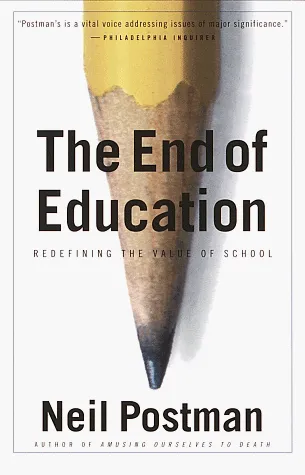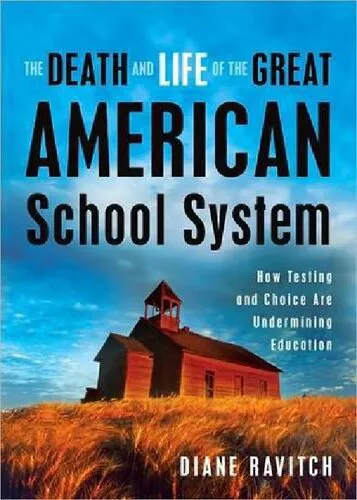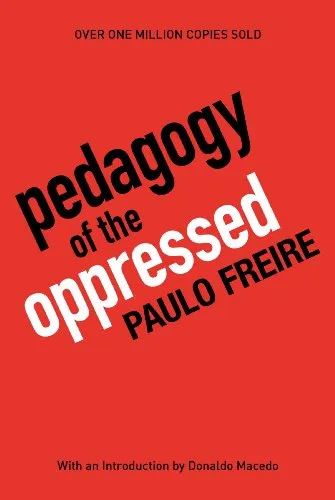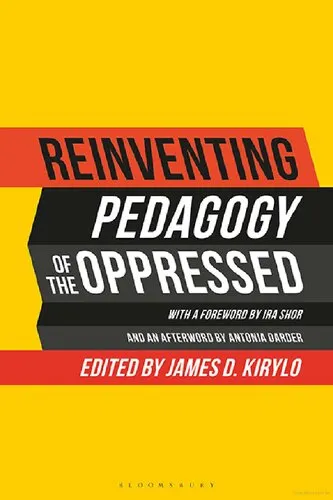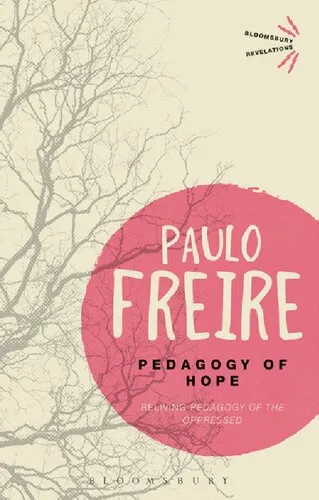The Student Guide To Freire’s Pedagogy Of The Oppressed
5.0
Reviews from our users

You Can Ask your questions from this book's AI after Login
Each download or ask from book AI costs 2 points. To earn more free points, please visit the Points Guide Page and complete some valuable actions.Related Refrences:
Analytical Summary
The Student Guide To Freire’s Pedagogy Of The Oppressed serves as a comprehensive interpretive companion to Paulo Freire’s influential work, crafted to make his dense and critical ideas more accessible to students, educators, and professionals committed to transformative education. As the author, my intention was to engage readers in a rigorous yet approachable examination of Freire’s theory of oppression, liberation, and the praxis of freedom.
Paulo Freire’s original text, *Pedagogy of the Oppressed*, is a landmark in critical pedagogy and social justice education, foregrounding the dialogical method and the necessity of humanization in the learning process. My guide breaks down these major theoretical contributions, connecting them to contemporary contexts—whether in classrooms, community work, or institutional reform—without diluting their radical edge.
Rather than simply retelling Freire’s arguments, this guide situates them historically and politically, identifying the colonial legacies and socio-economic structures that undergird oppression. It also considers how the pedagogy of the oppressed can be adapted across educational landscapes worldwide, highlighting its enduring relevance in times of inequality and sociopolitical unrest.
Information about the exact publication year of this guide is unavailable due to the absence of a reliable public record in widely accessible bibliographies. Nevertheless, its content continues to resonate, offering a bridge between Freire’s theoretical rigor and the lived realities of those engaged in the struggle for educational justice.
Key Takeaways
This book distills complex theories into actionable insights for students and educators, maintaining fidelity to Freire’s emancipatory ethos while encouraging critical reflection.
Readers learn how dialogue replaces top-down models of knowledge transmission, allowing students to become co-creators of understanding rather than passive recipients.
The guide underscores that education is never neutral: it either domesticates or liberates, depending on the social relations and purposes it serves.
It highlights the importance of conscientização—critical consciousness—as both a personal and collective process that fuels transformative social action.
Practical frameworks and discussion prompts help readers connect theory with classroom experiences, policy debates, and grassroots organizing.
Memorable Quotes
“Education either functions as an instrument to bring about conformity or freedom.” Unknown
“To speak a true word is to transform the world.” Unknown
“Dialogue cannot exist without humility.” Unknown
Why This Book Matters
In an era defined by growing educational inequities and global crises, The Student Guide To Freire’s Pedagogy Of The Oppressed offers a beacon for rethinking the role of education in society.
For academics, it provides a framework to engage students in deep critique, ensuring they understand how socio-political conditions shape both opportunities and constraints in learning. For practitioners, it translates theory into practical interventions that can be applied immediately within classrooms or community initiatives.
Beyond academic relevance, the book sustains a moral imperative: to resist dehumanization through collective action and to claim education as a site of possibility, renewal, and justice.
Inspiring Conclusion
The Student Guide To Freire’s Pedagogy Of The Oppressed is more than a companion text—it’s an invitation to engage with education as a practice of freedom.
Whether you are a scholar, teacher, community organizer, or a learner navigating your own educational path, this guide equips you with the tools to critically analyze the systems around you and to act in ways that foster collective empowerment. By embracing the liberatory vision outlined here, readers contribute to a legacy of pedagogy that challenges oppression and nurtures human dignity.
Your next step is clear: read, reflect, share, and put these ideas into practice. The transformation of education—and society—begins with informed, committed individuals willing to engage in dialogue and action.
Free Direct Download
You Can Download this book after Login
Accessing books through legal platforms and public libraries not only supports the rights of authors and publishers but also contributes to the sustainability of reading culture. Before downloading, please take a moment to consider these options.
Find this book on other platforms:
WorldCat helps you find books in libraries worldwide.
See ratings, reviews, and discussions on Goodreads.
Find and buy rare or used books on AbeBooks.
1428
بازدید5.0
امتیاز0
نظر98%
رضایتReviews:
5.0
Based on 0 users review
Questions & Answers
Ask questions about this book or help others by answering
No questions yet. Be the first to ask!
